1. Understanding the Lifespan of a Polyurethane Foam Mattress
If you're in the market for a new mattress, chances are you've come across the term "polyurethane foam mattress" or "memory foam mattress." This type of mattress has gained popularity in recent years due to its ability to conform to the shape of your body and provide pressure relief. However, like any other product, a polyurethane foam mattress has a certain lifespan that you should be aware of before making your purchase.
2. What is a Polyurethane Foam Mattress?
Before we dive into its lifespan, let's first understand what a polyurethane foam mattress is. It is a type of foam that is made from petroleum-based materials and is known for its ability to contour to the body. This material is also used in a variety of other products, such as furniture, car seats, and insulation.
3. The Average Lifespan of a Polyurethane Foam Mattress
When it comes to the lifespan of a polyurethane foam mattress, it can vary depending on a few factors. On average, a good quality polyurethane foam mattress can last anywhere from 8 to 10 years. However, this can also depend on the quality of the mattress, how well it is taken care of, and the weight of the sleeper.
4. Factors that Affect the Lifespan of a Polyurethane Foam Mattress
As mentioned earlier, there are a few factors that can affect the lifespan of a polyurethane foam mattress. One of the main factors is the density of the foam. A higher density foam tends to last longer as it can better withstand wear and tear. The quality of the mattress materials and construction also plays a significant role in its lifespan.
5. The Importance of Mattress Density
The density of a polyurethane foam mattress refers to the weight of the foam per cubic foot. Typically, a density of 3.5 pounds per cubic foot or higher is considered to be good quality. A higher density foam not only provides better support and durability, but it also tends to last longer.
6. How Well You Take Care of Your Mattress Matters
Another important factor to consider is how well you take care of your polyurethane foam mattress. Just like any other product, proper maintenance and care can extend its lifespan. This includes regularly rotating the mattress, using a mattress protector, and keeping it clean and free from spills and stains.
7. The Weight of the Sleeper
Believe it or not, the weight of the sleeper can also affect the lifespan of a polyurethane foam mattress. Heavier individuals tend to put more pressure on the mattress, which can cause it to wear out faster. If you are on the heavier side, you may want to consider investing in a higher density foam mattress to ensure its longevity.
8. Signs that Your Polyurethane Foam Mattress Needs to be Replaced
Even with proper care and maintenance, there will come a time when your polyurethane foam mattress will need to be replaced. Some signs that it's time for a new mattress include sagging, lumps, and loss of support. If you start experiencing discomfort or back pain, it may also be a sign that your mattress needs to be replaced.
9. Investing in a Good Quality Mattress for Longevity
When it comes to purchasing a polyurethane foam mattress, it's essential to invest in a good quality one. A higher density foam and good quality materials and construction will not only provide you with better support and comfort, but it will also ensure that your mattress lasts longer.
10. Conclusion
In conclusion, the lifespan of a polyurethane foam mattress can vary depending on several factors. However, with proper care and maintenance, a good quality foam mattress can last up to 10 years. Investing in a higher density foam and taking care of your mattress can also extend its lifespan. So, if you're in the market for a new mattress, make sure to consider these factors to ensure you get the most out of your purchase.
The Importance of Choosing a High-Quality Polyurethane Foam Mattress for Your House Design
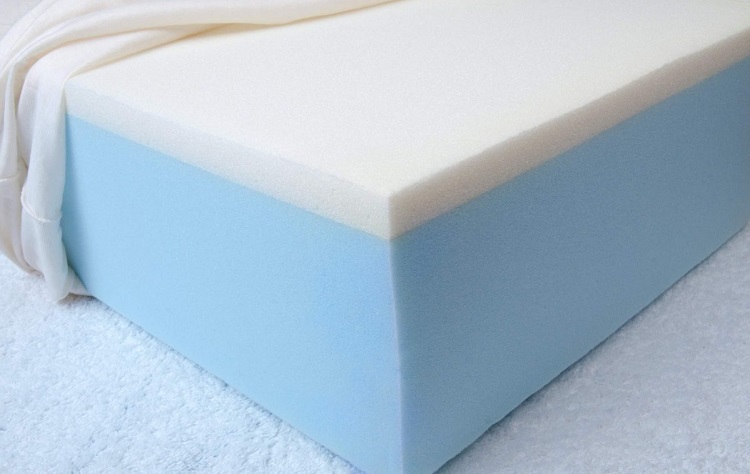
Longevity and Durability
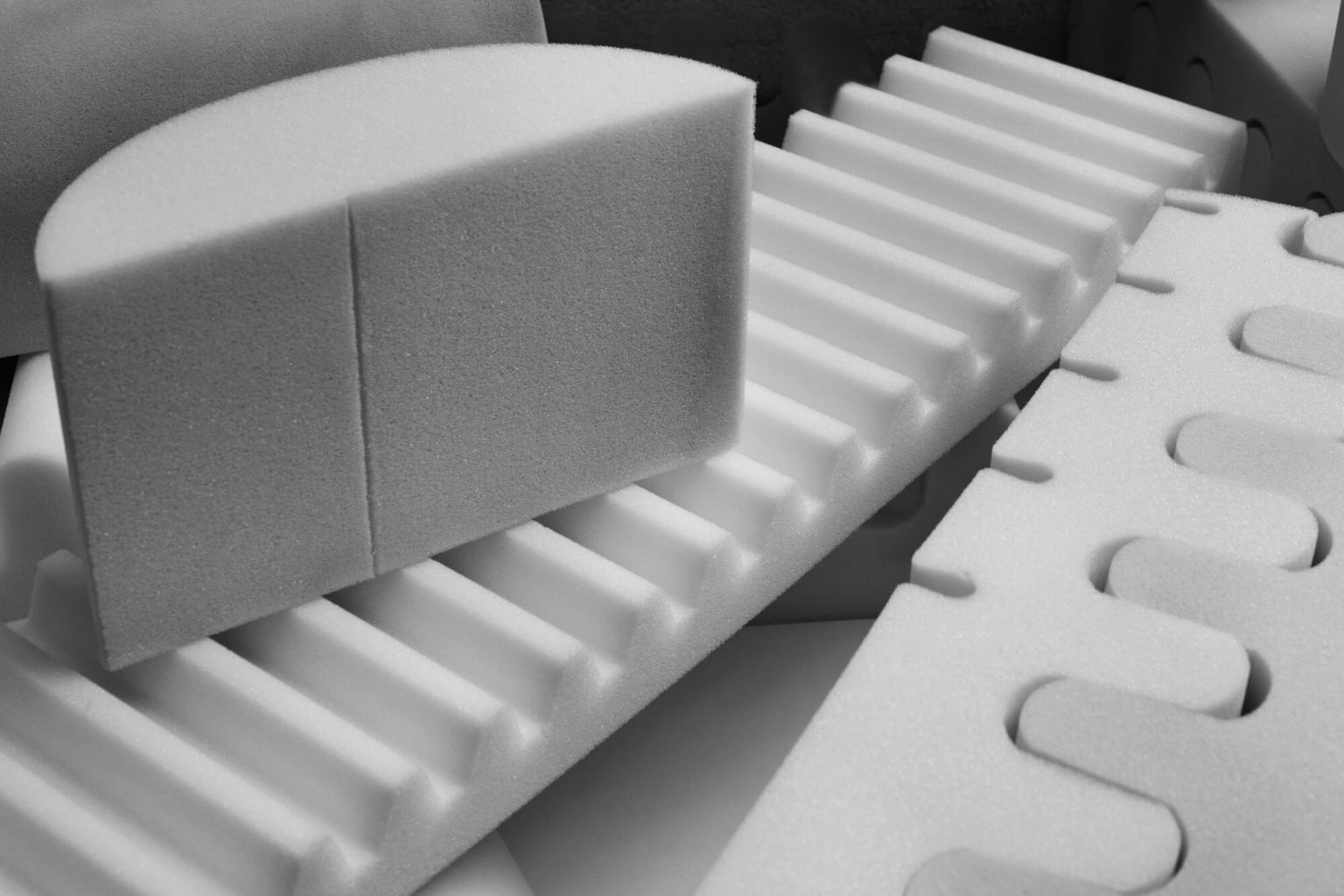 When it comes to designing your dream house, every detail matters. From the color of the walls to the furniture, everything needs to be carefully selected to create the perfect living space. One crucial element that often gets overlooked is the
choice of mattress
for your bedroom. While there are many types of mattresses available in the market,
polyurethane foam mattresses
stand out for their
longevity and durability
.
Polyurethane foam mattresses are made from a type of plastic that is known for its
resilience and strength
. This makes them
highly durable
and able to withstand years of use without losing their shape or support. Unlike other types of mattresses, polyurethane foam mattresses
do not sag over time
, ensuring a comfortable and supportive sleep experience for a longer period.
When it comes to designing your dream house, every detail matters. From the color of the walls to the furniture, everything needs to be carefully selected to create the perfect living space. One crucial element that often gets overlooked is the
choice of mattress
for your bedroom. While there are many types of mattresses available in the market,
polyurethane foam mattresses
stand out for their
longevity and durability
.
Polyurethane foam mattresses are made from a type of plastic that is known for its
resilience and strength
. This makes them
highly durable
and able to withstand years of use without losing their shape or support. Unlike other types of mattresses, polyurethane foam mattresses
do not sag over time
, ensuring a comfortable and supportive sleep experience for a longer period.
Extended Lifespan
 Investing in a high-quality polyurethane foam mattress can also save you money in the long run. These mattresses have an
extended lifespan
compared to other types of mattresses, meaning you won't have to replace them as frequently. This not only saves you the hassle of constantly buying new mattresses but also
reduces waste
and is
environmentally friendly
.
Moreover, polyurethane foam mattresses
maintain their shape and support
even after years of use, making them a cost-effective option. With proper care and maintenance, these mattresses can last for
8-10 years
or even longer, providing you with a comfortable and restful sleep for a significant period.
Investing in a high-quality polyurethane foam mattress can also save you money in the long run. These mattresses have an
extended lifespan
compared to other types of mattresses, meaning you won't have to replace them as frequently. This not only saves you the hassle of constantly buying new mattresses but also
reduces waste
and is
environmentally friendly
.
Moreover, polyurethane foam mattresses
maintain their shape and support
even after years of use, making them a cost-effective option. With proper care and maintenance, these mattresses can last for
8-10 years
or even longer, providing you with a comfortable and restful sleep for a significant period.
Overall Comfort and Sleep Quality
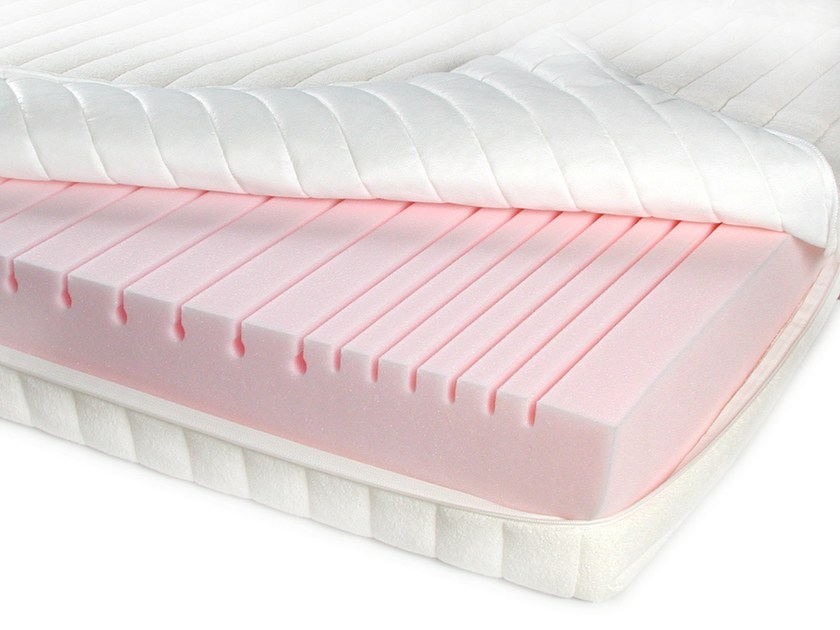 Aside from their durability and longevity, polyurethane foam mattresses also offer
exceptional comfort and support
for a good night's sleep. The foam conforms to the shape of your body, providing
targeted support
to pressure points and reducing any discomfort or pain. This results in a
more restful and rejuvenating sleep
, leaving you feeling refreshed and energized in the morning.
In addition, polyurethane foam mattresses are
hypoallergenic
and
resistant to dust mites
, making them an excellent choice for people with allergies or respiratory issues. These mattresses also have
motion isolation
properties, meaning you won't be disturbed by your partner's movements during the night, promoting a better quality of sleep.
In conclusion, when it comes to house design, don't overlook the importance of choosing a high-quality polyurethane foam mattress. With its durability, extended lifespan, and overall comfort, it is a valuable investment that will enhance your sleep experience and contribute to the overall aesthetics of your bedroom.
Aside from their durability and longevity, polyurethane foam mattresses also offer
exceptional comfort and support
for a good night's sleep. The foam conforms to the shape of your body, providing
targeted support
to pressure points and reducing any discomfort or pain. This results in a
more restful and rejuvenating sleep
, leaving you feeling refreshed and energized in the morning.
In addition, polyurethane foam mattresses are
hypoallergenic
and
resistant to dust mites
, making them an excellent choice for people with allergies or respiratory issues. These mattresses also have
motion isolation
properties, meaning you won't be disturbed by your partner's movements during the night, promoting a better quality of sleep.
In conclusion, when it comes to house design, don't overlook the importance of choosing a high-quality polyurethane foam mattress. With its durability, extended lifespan, and overall comfort, it is a valuable investment that will enhance your sleep experience and contribute to the overall aesthetics of your bedroom.







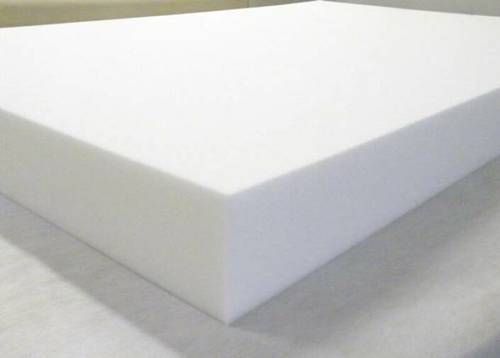

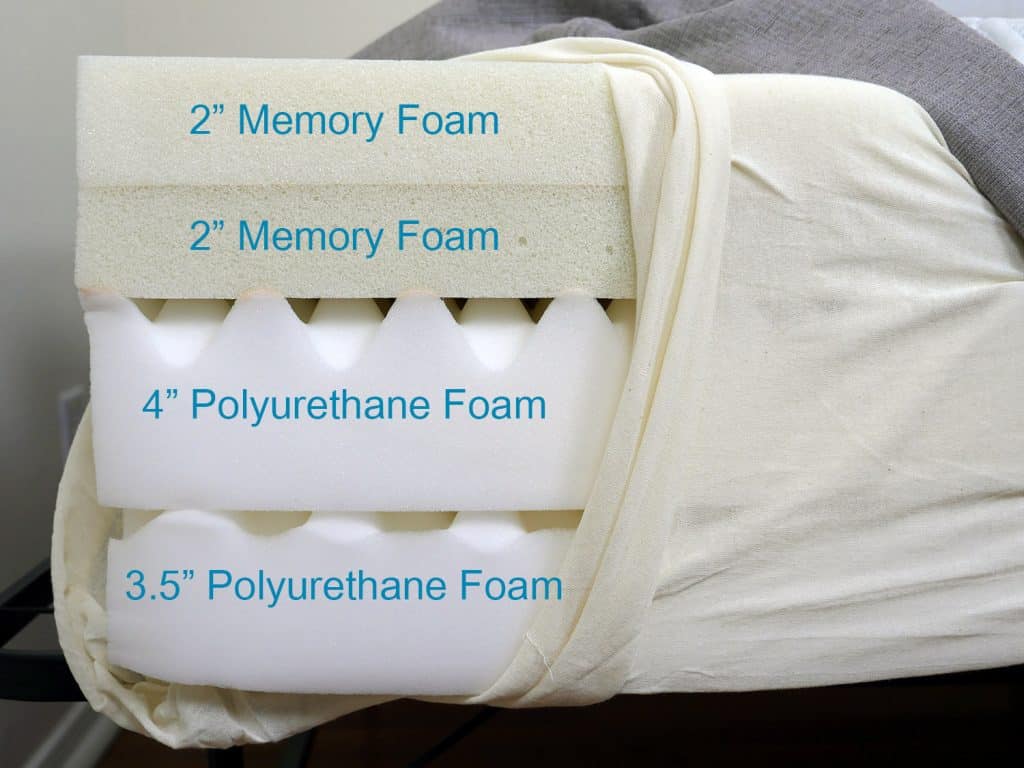


































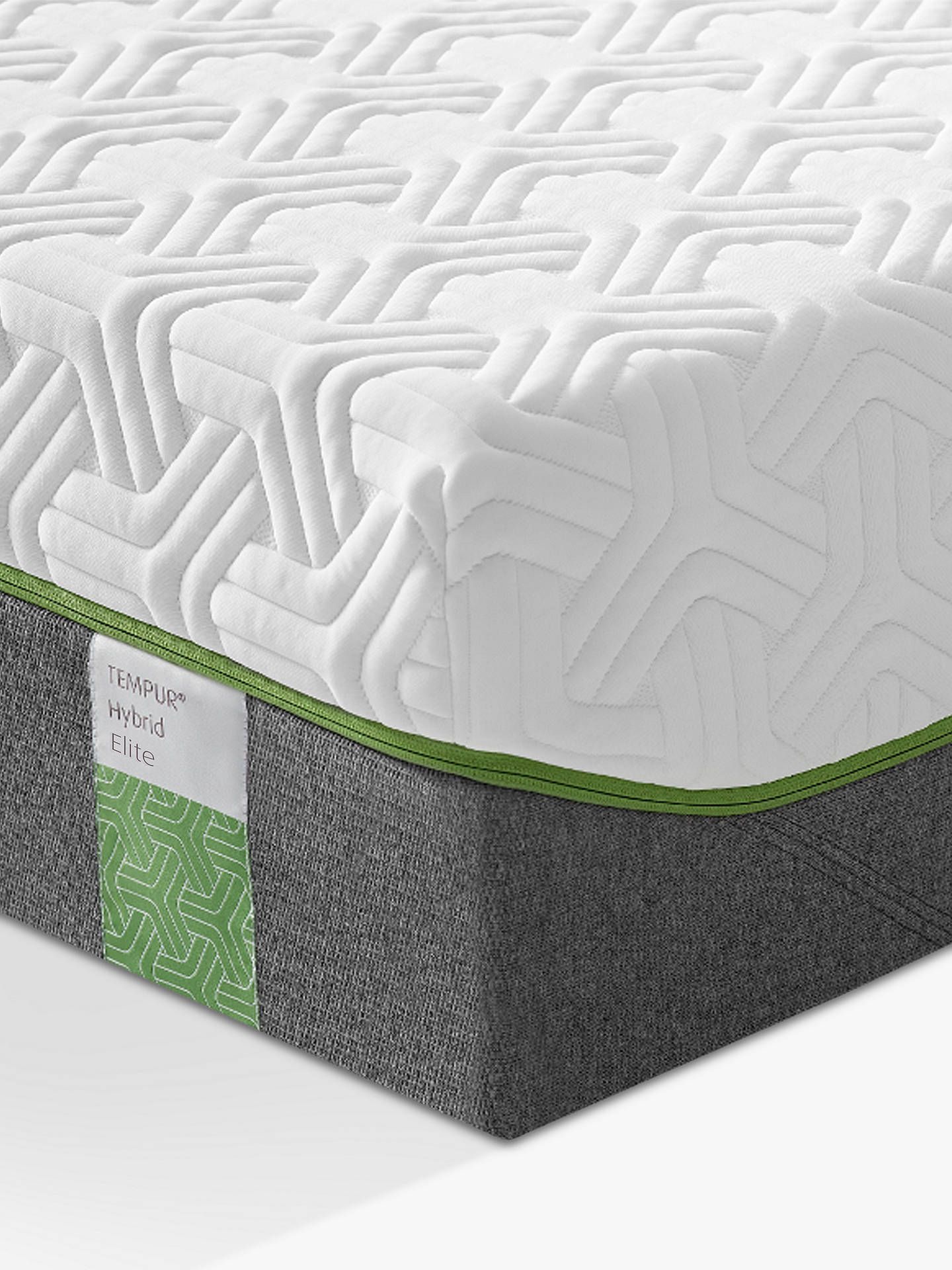





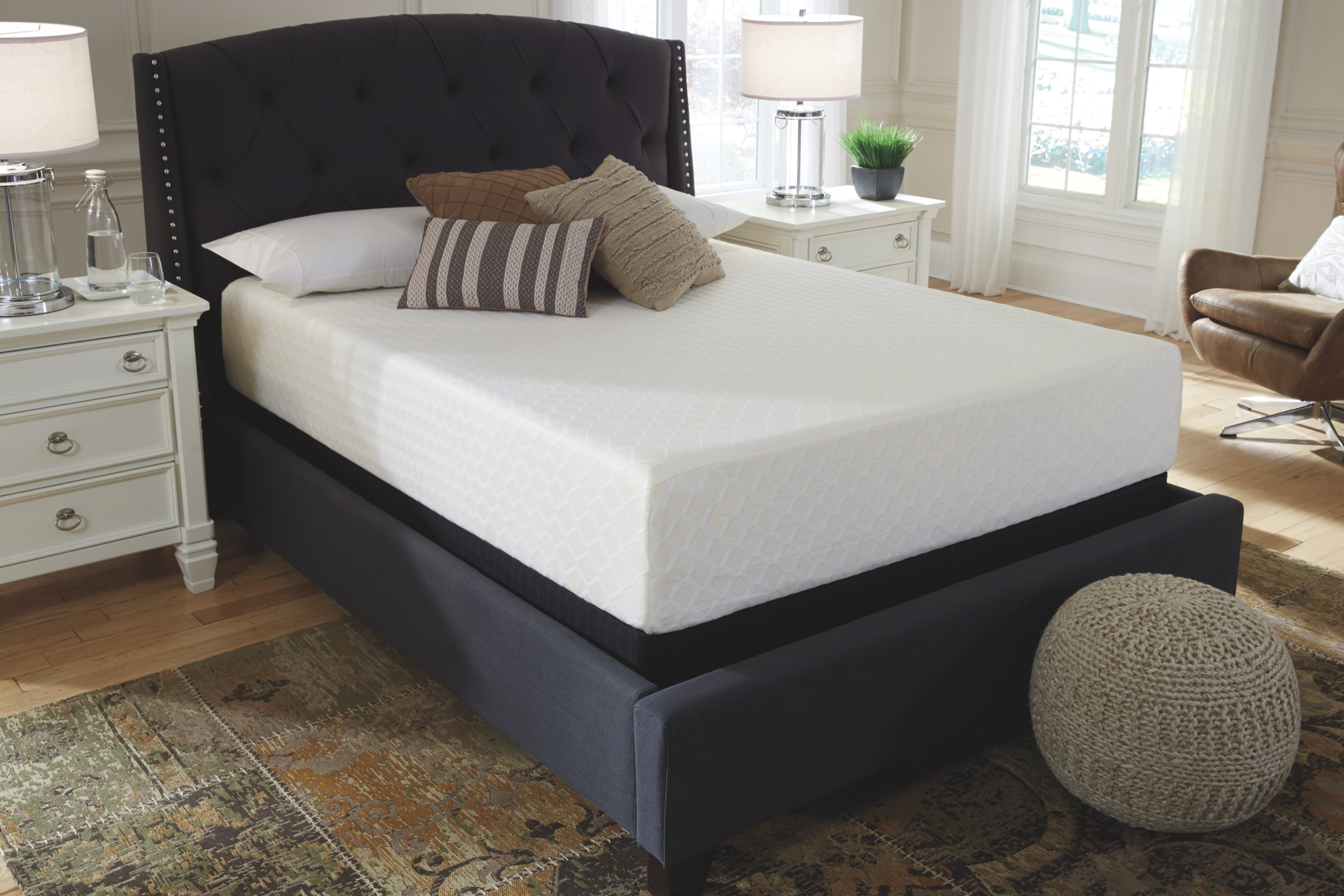




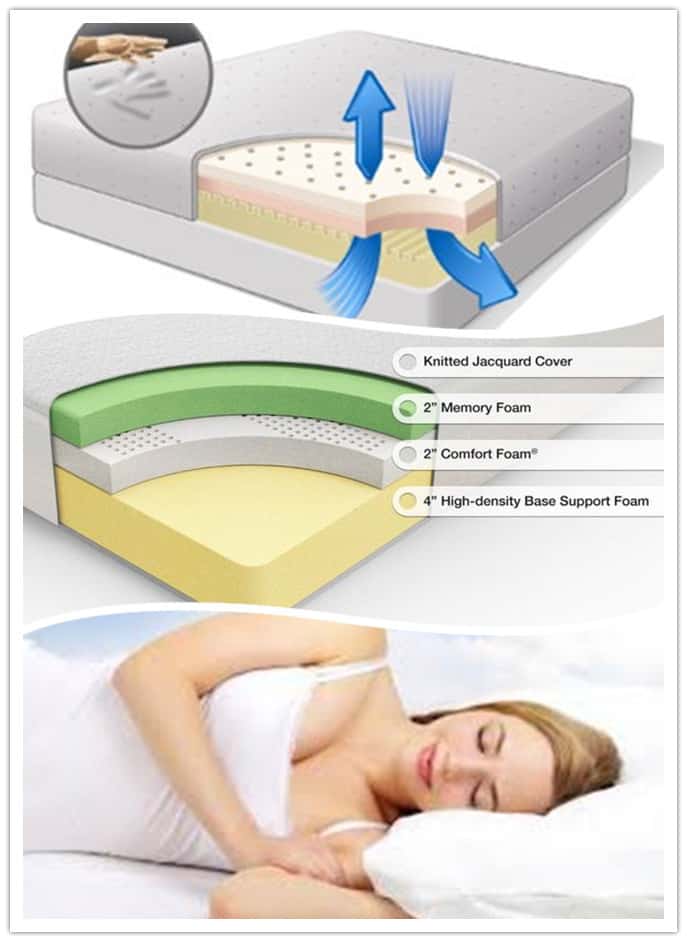
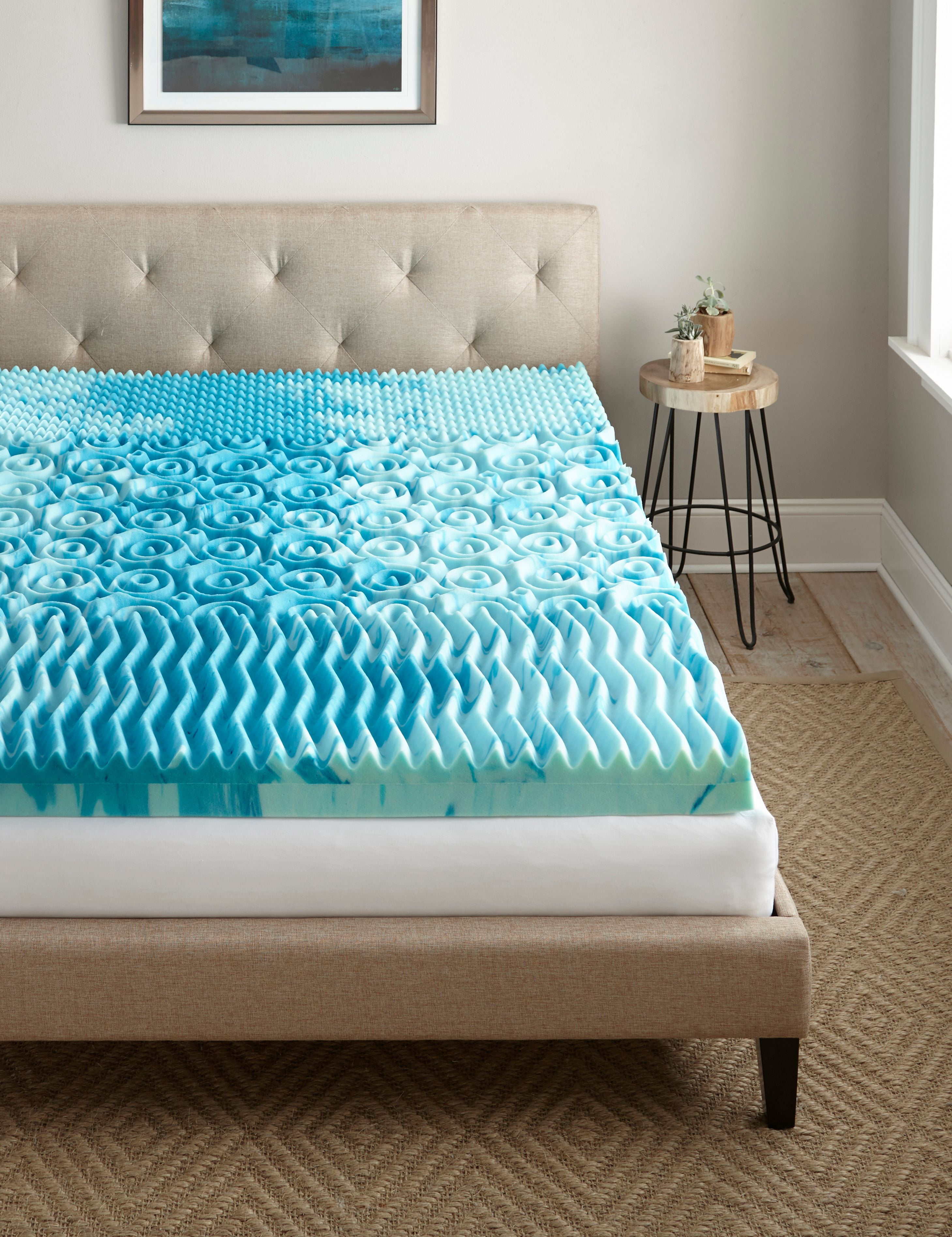



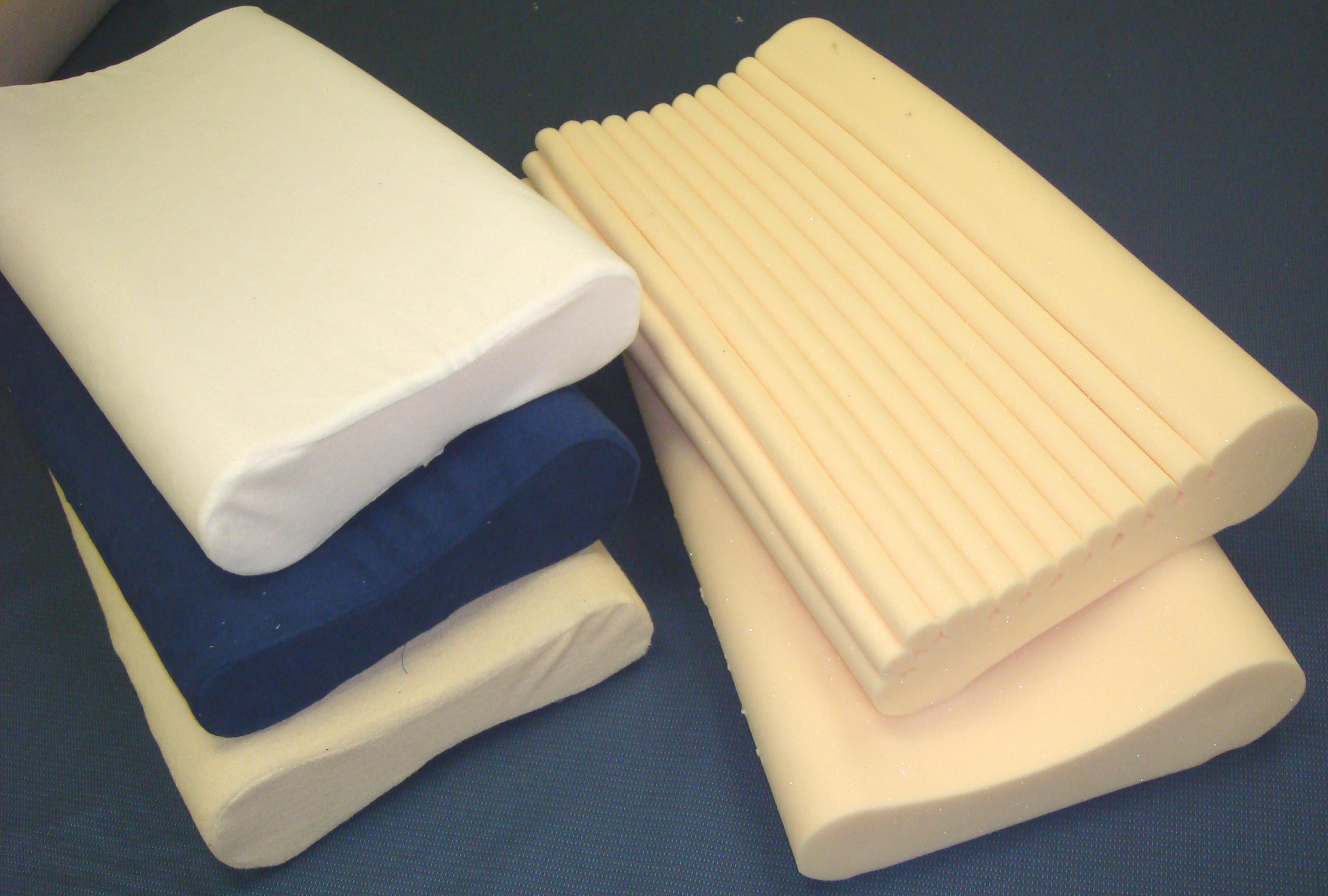
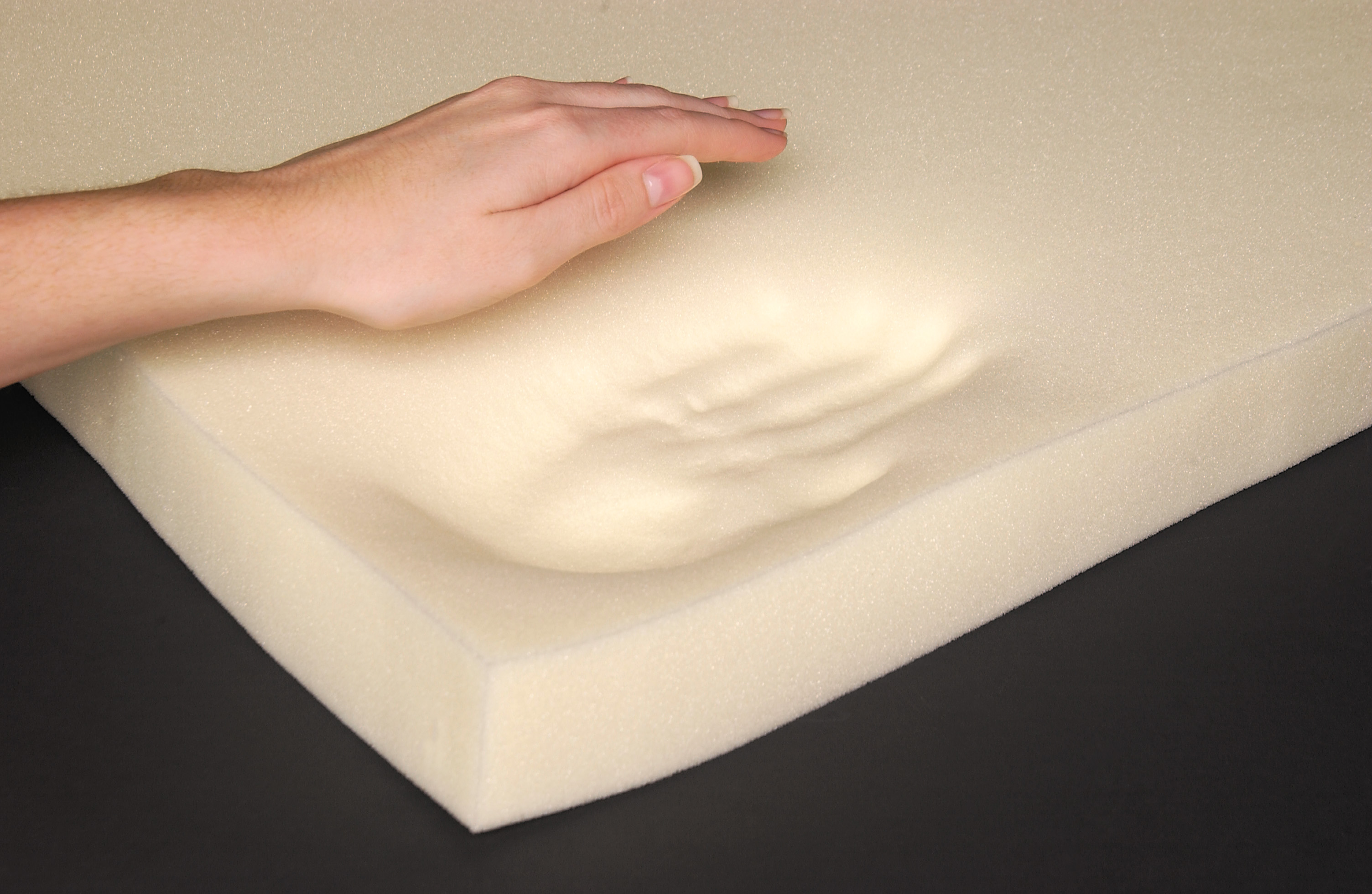
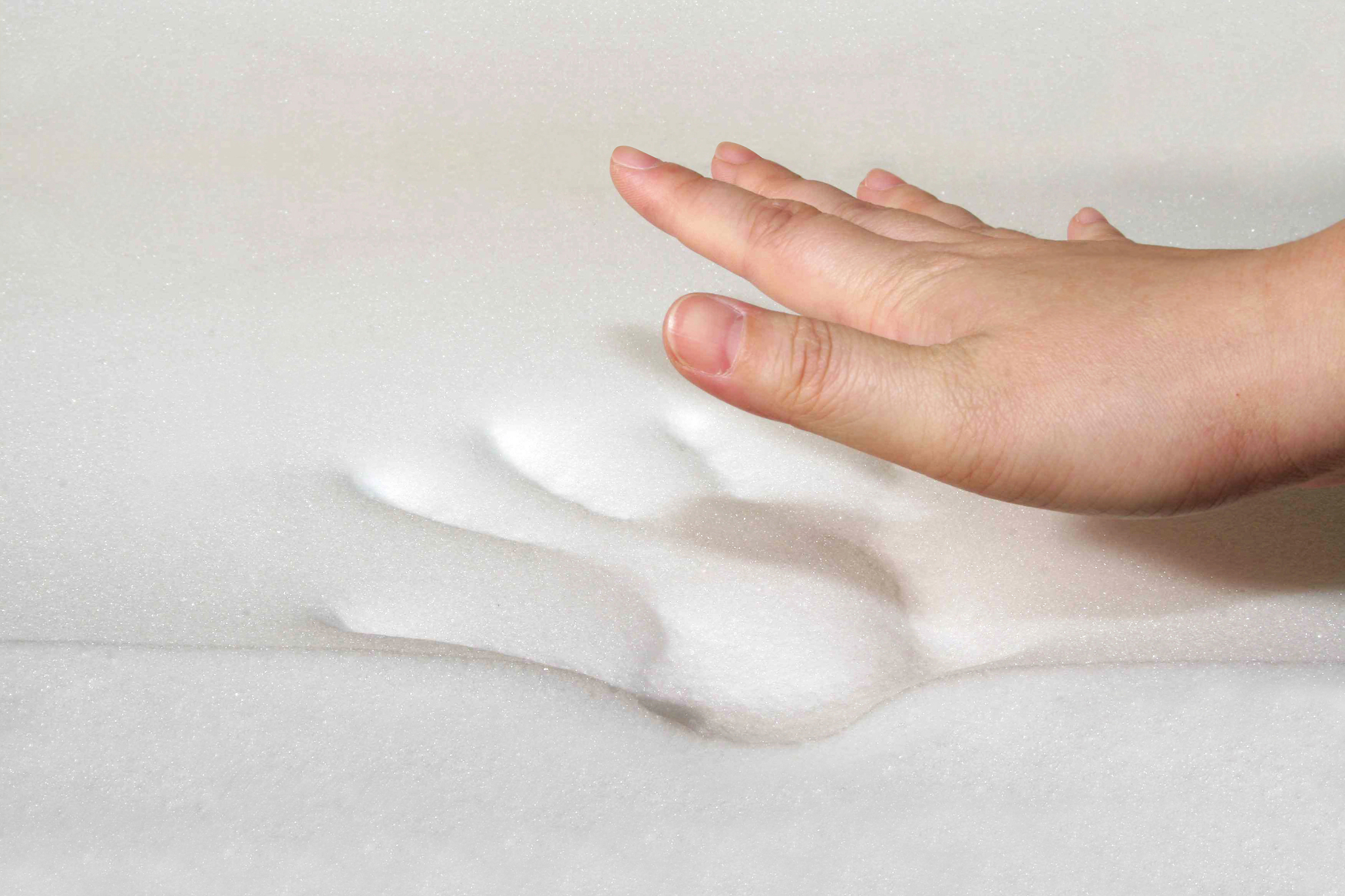
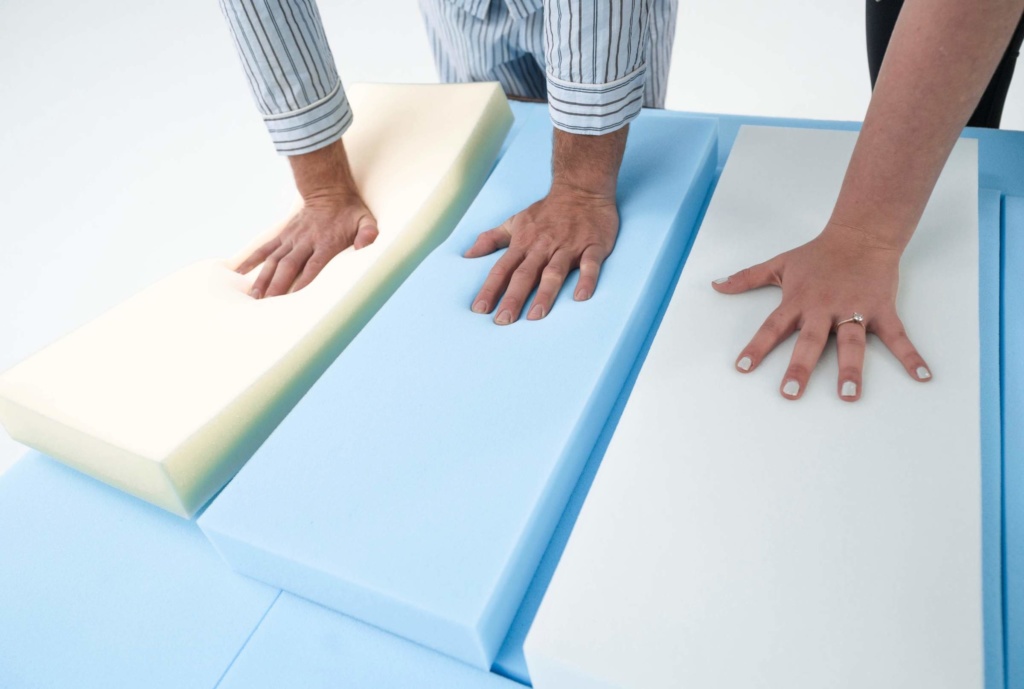




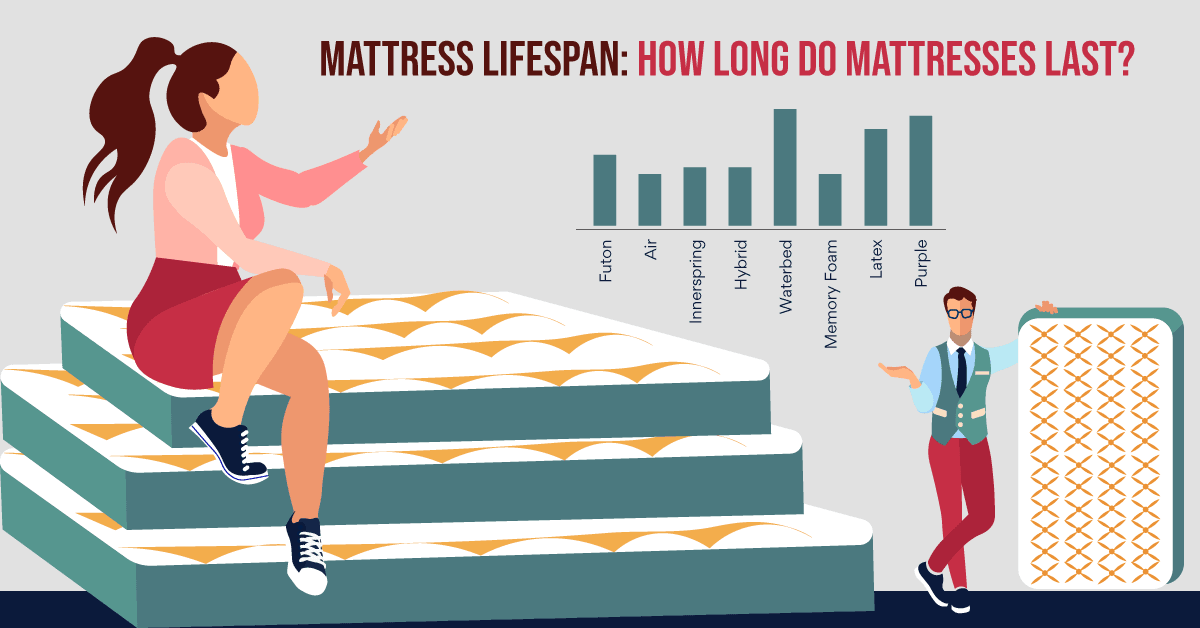
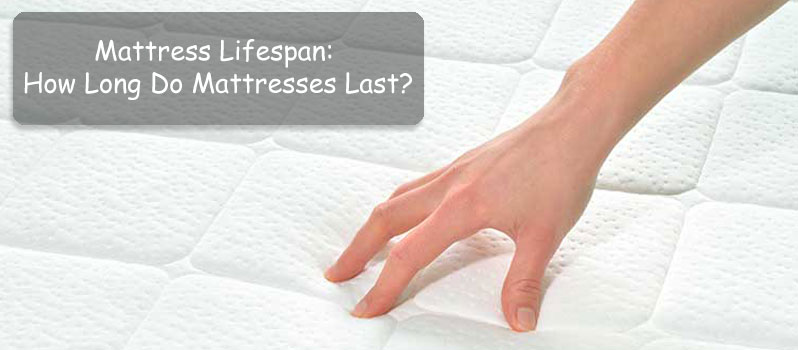
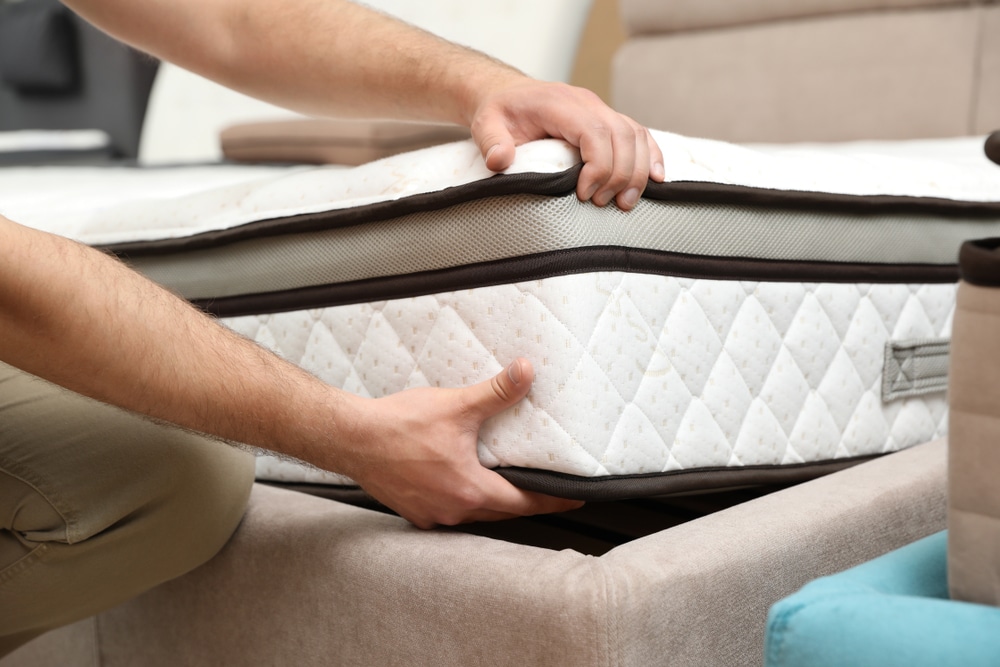









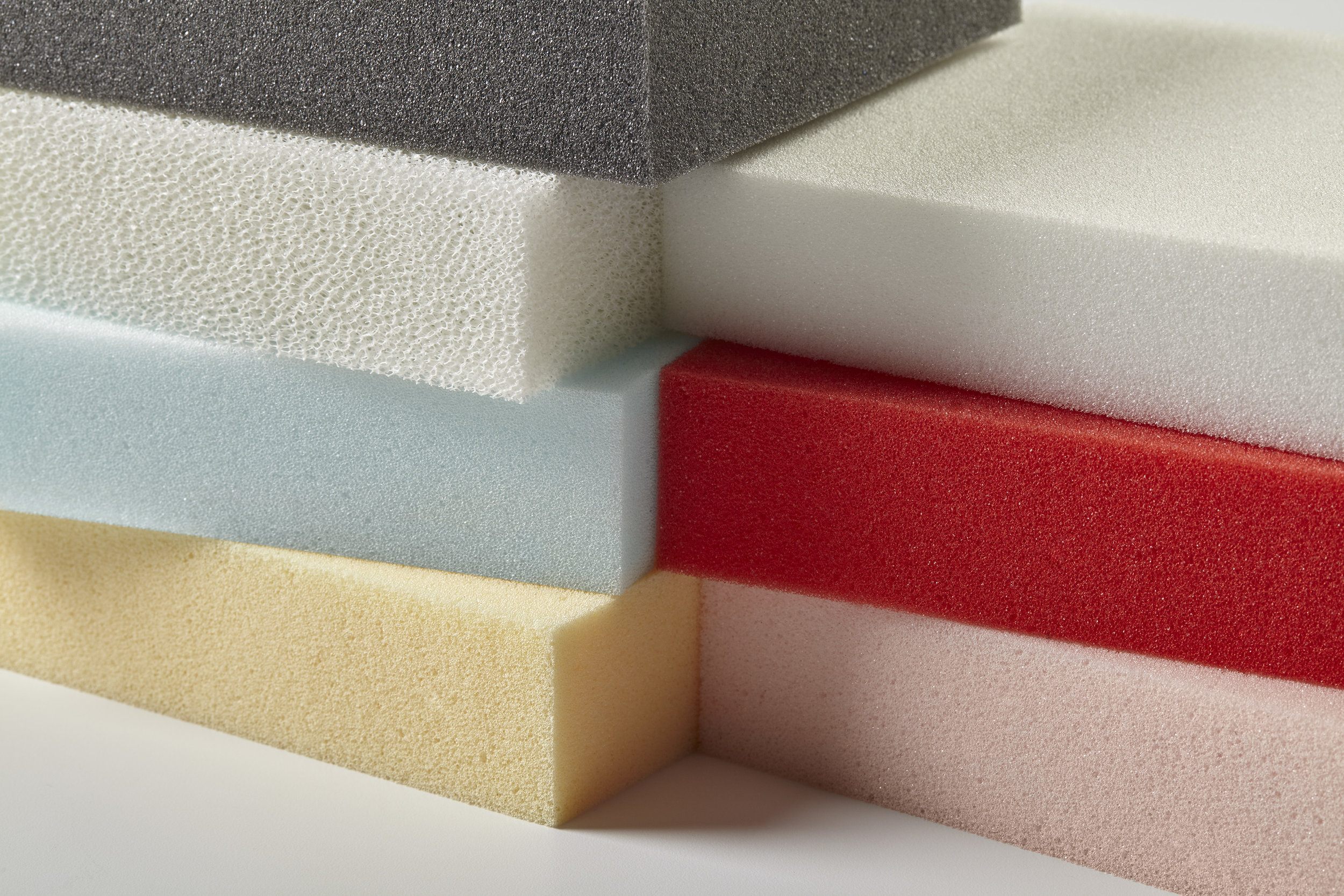
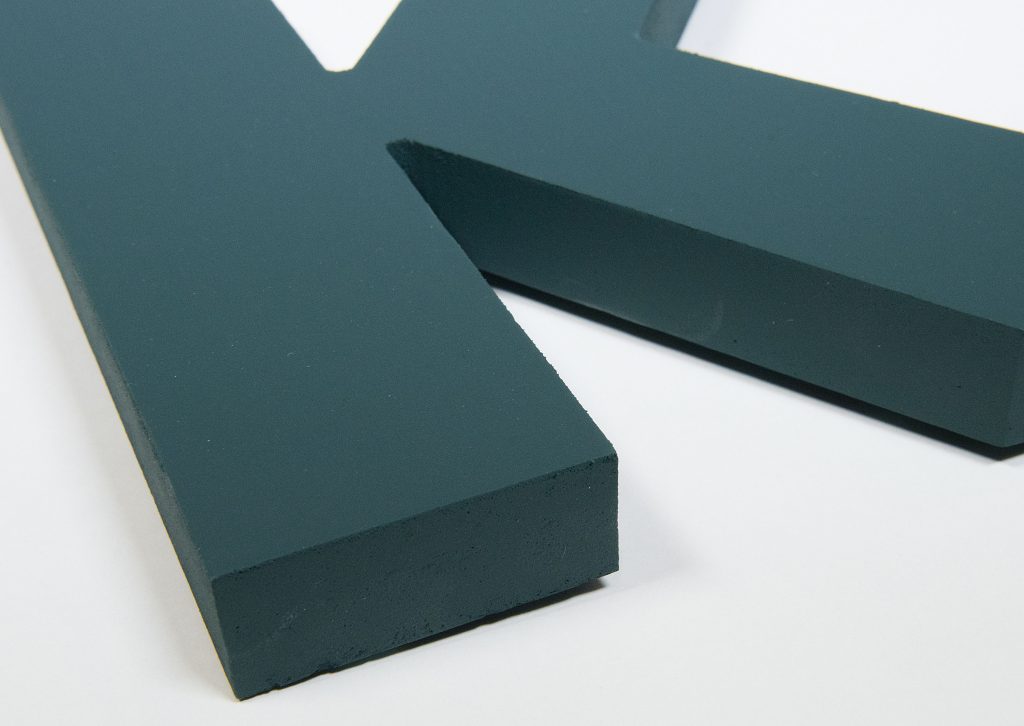
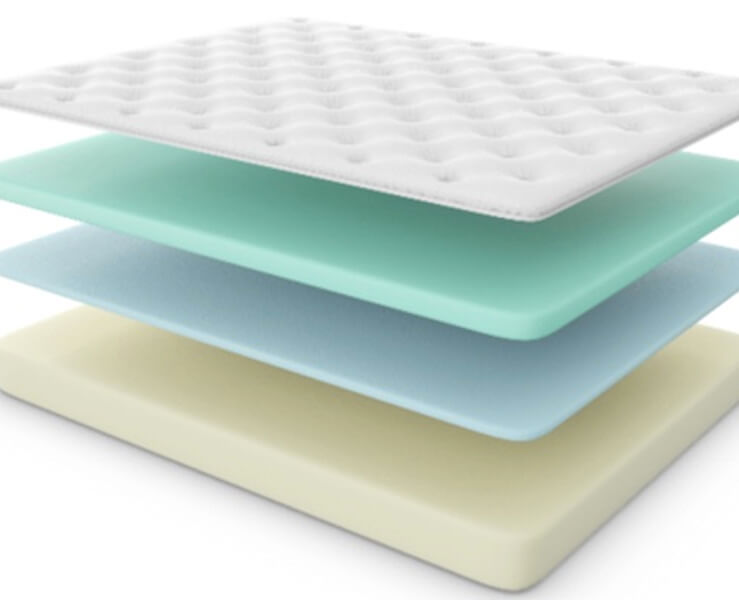




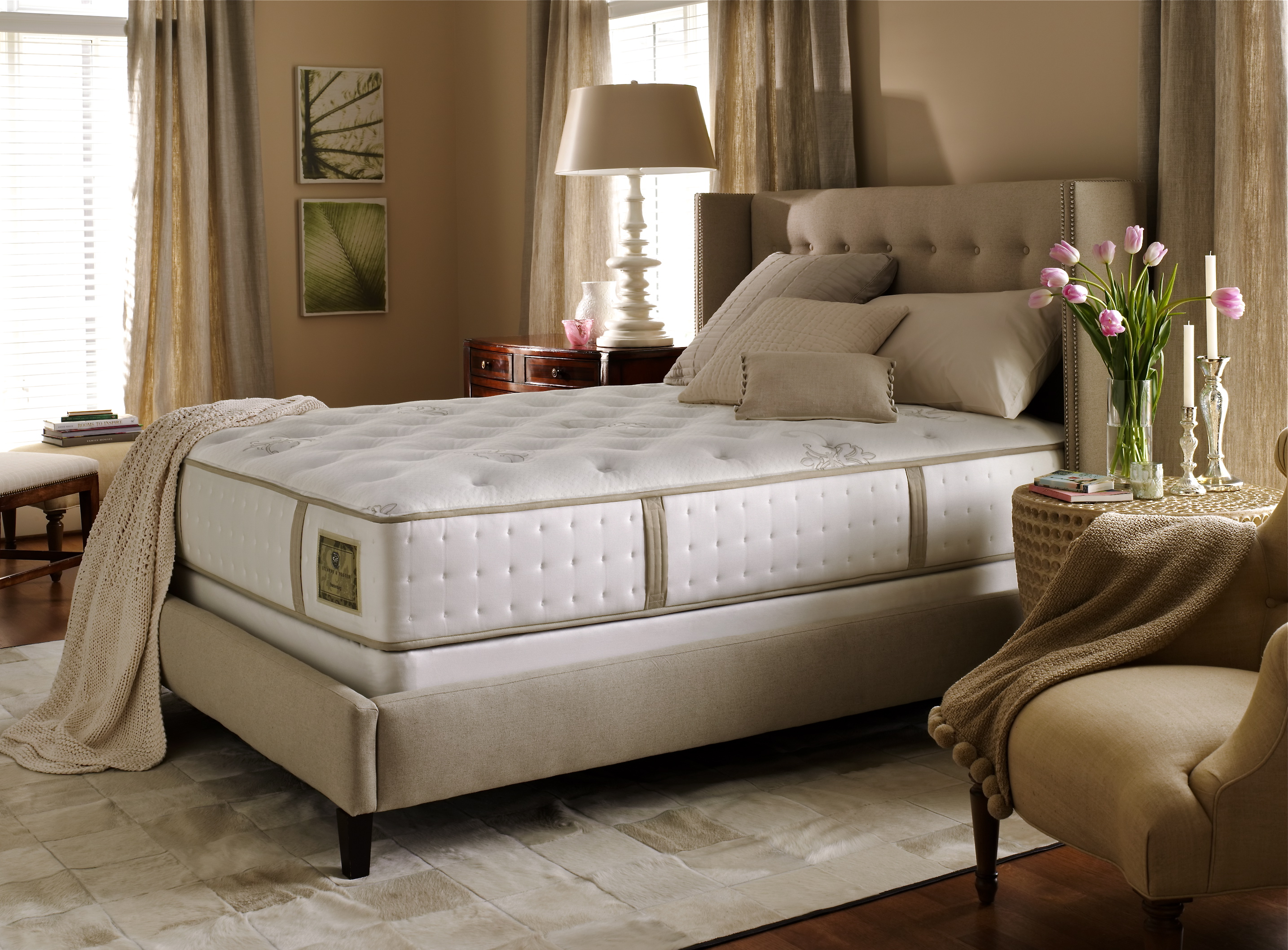

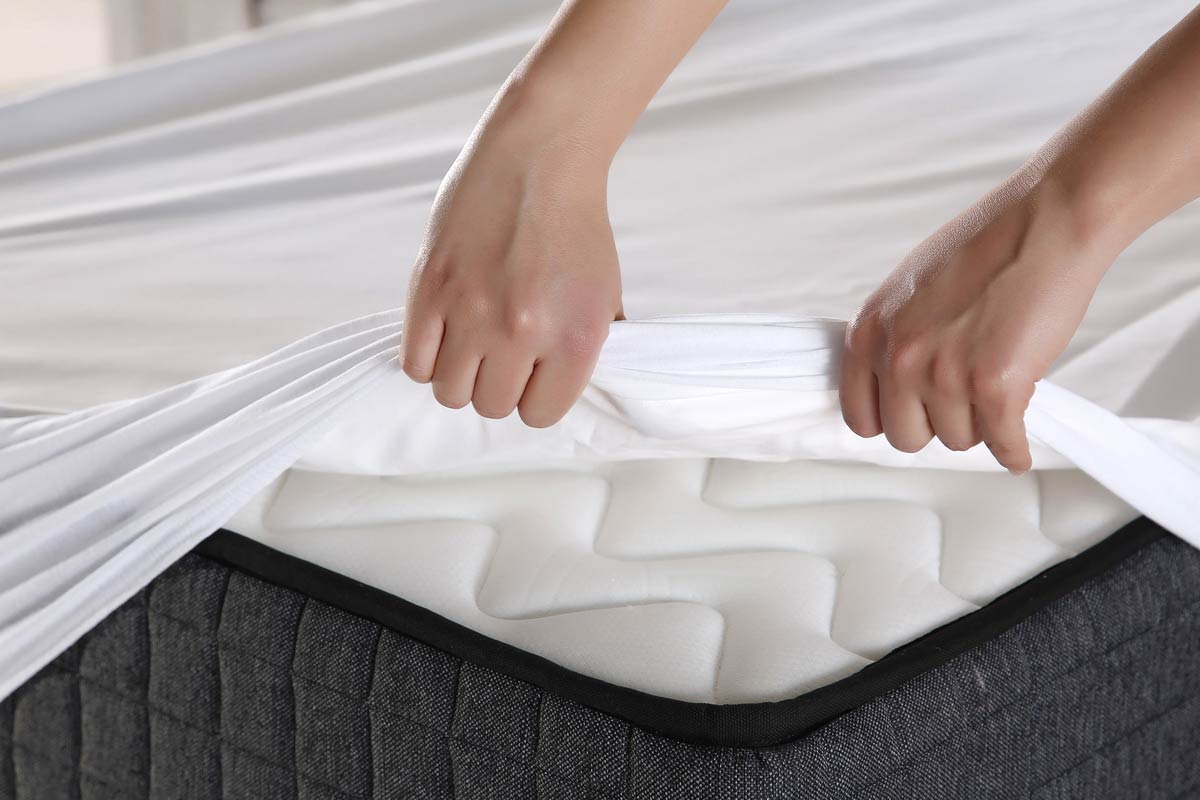

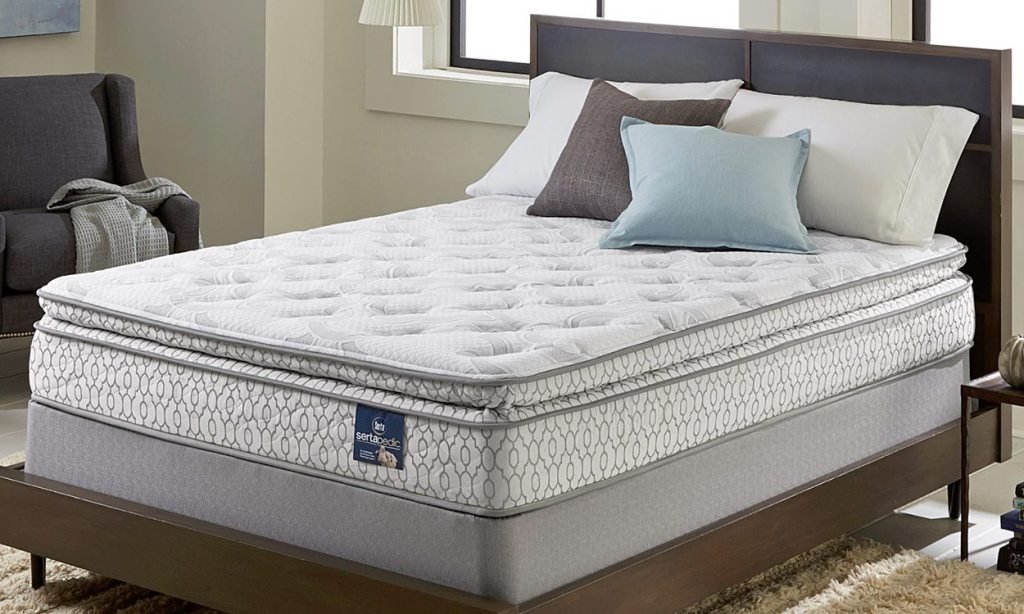
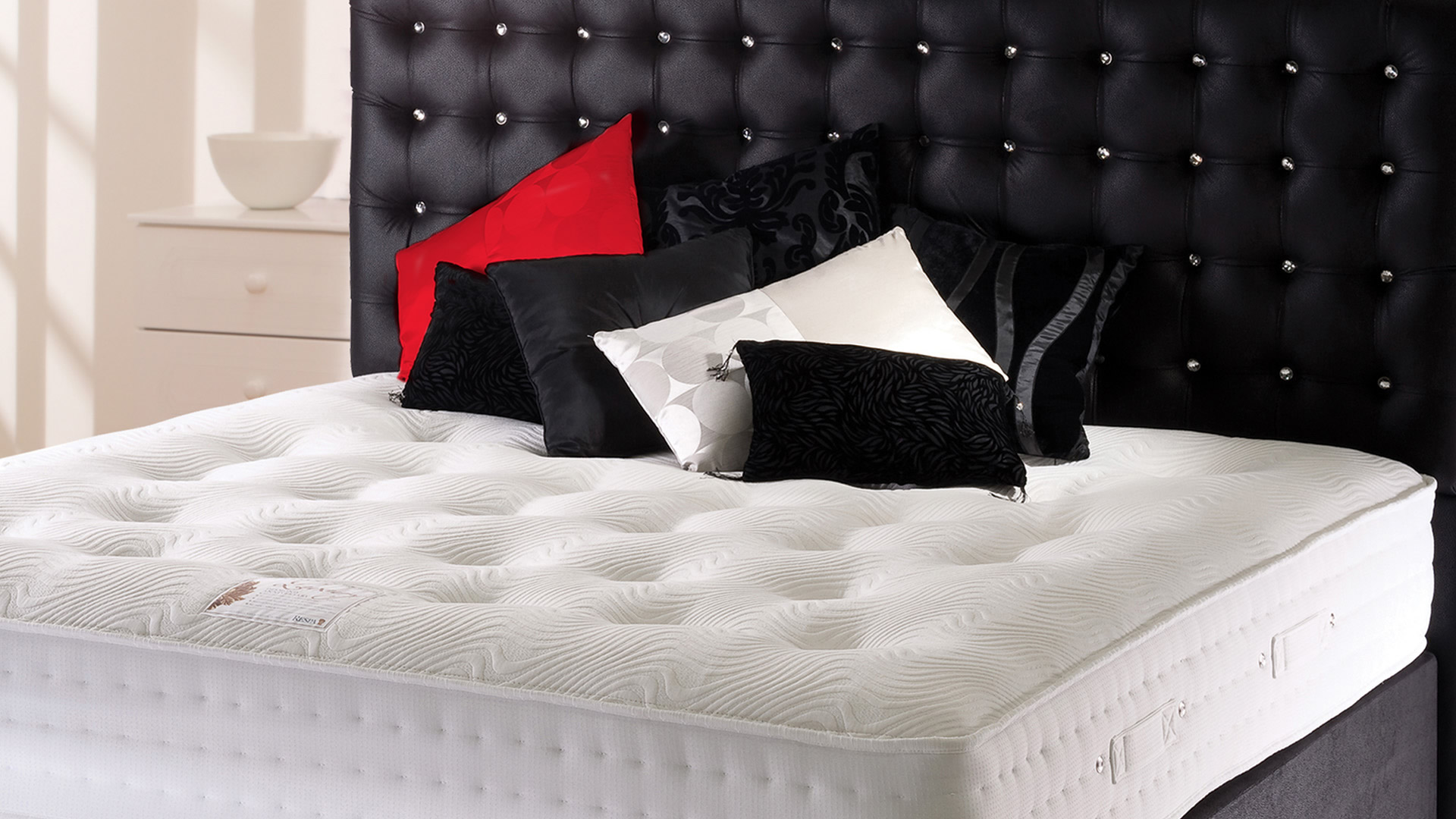




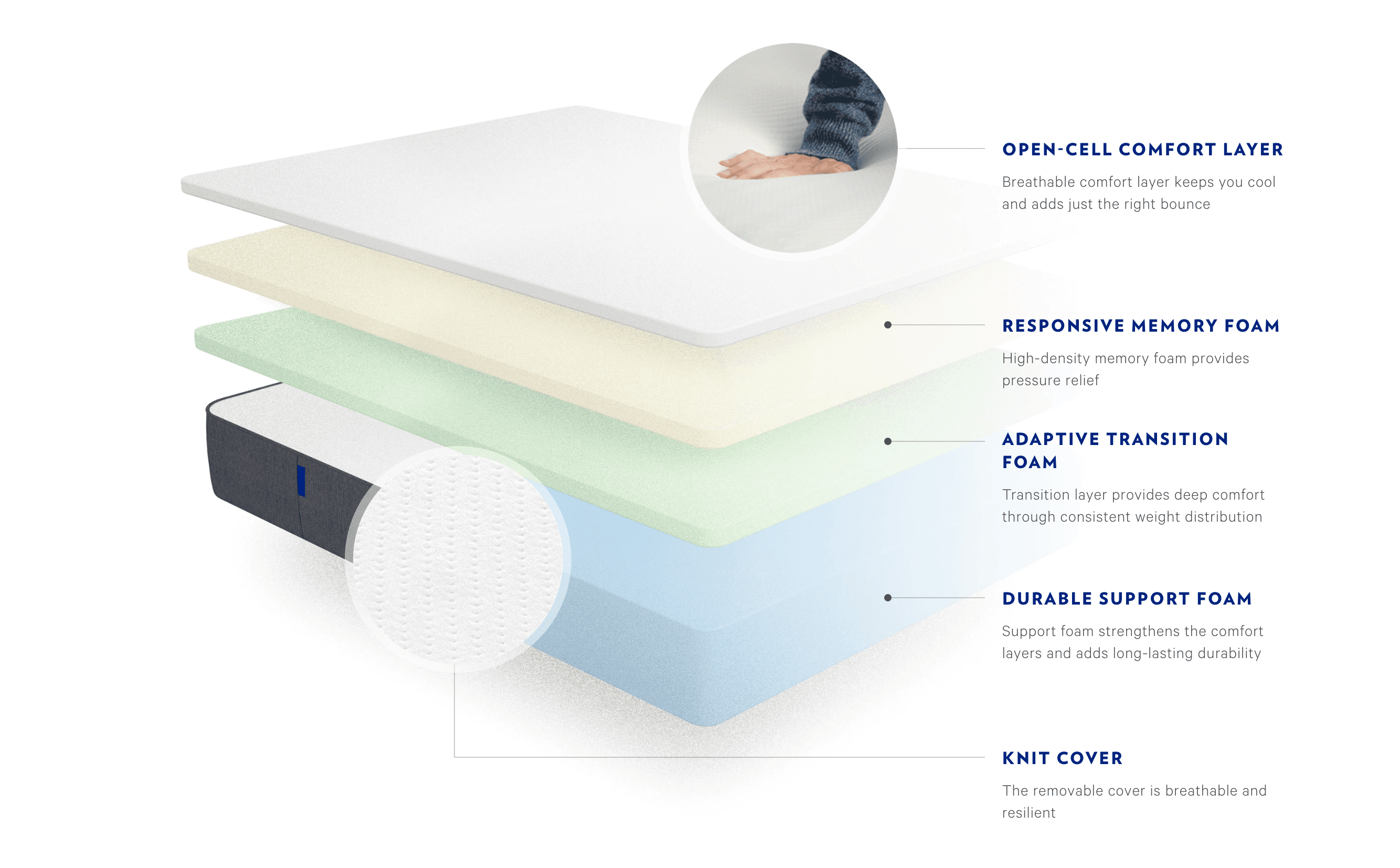

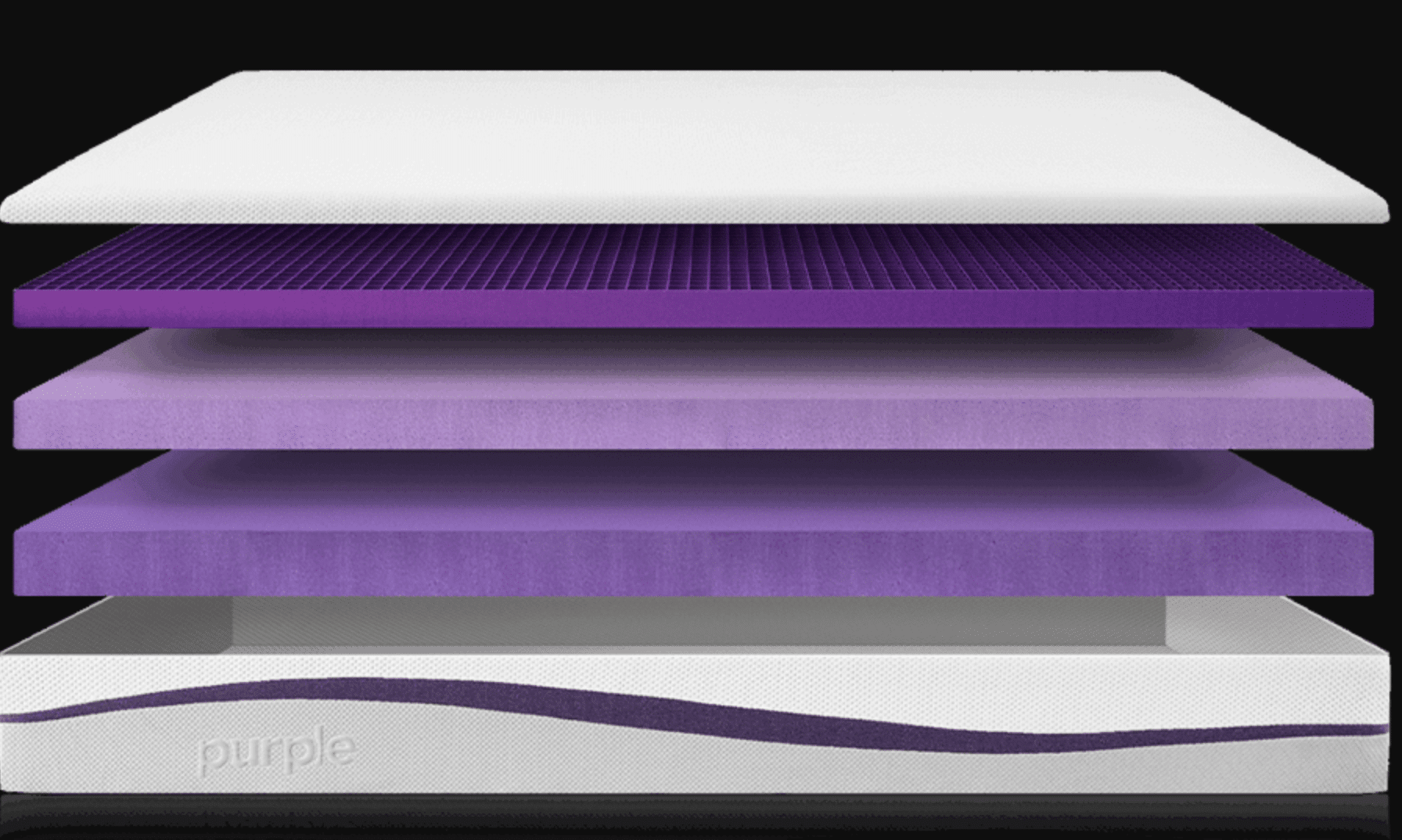
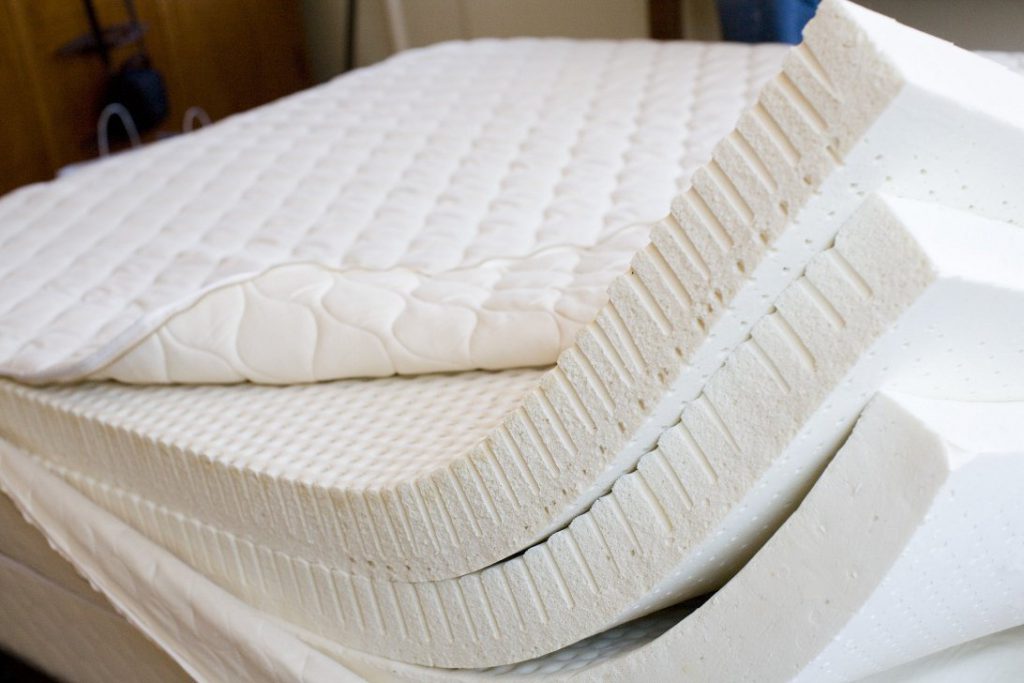
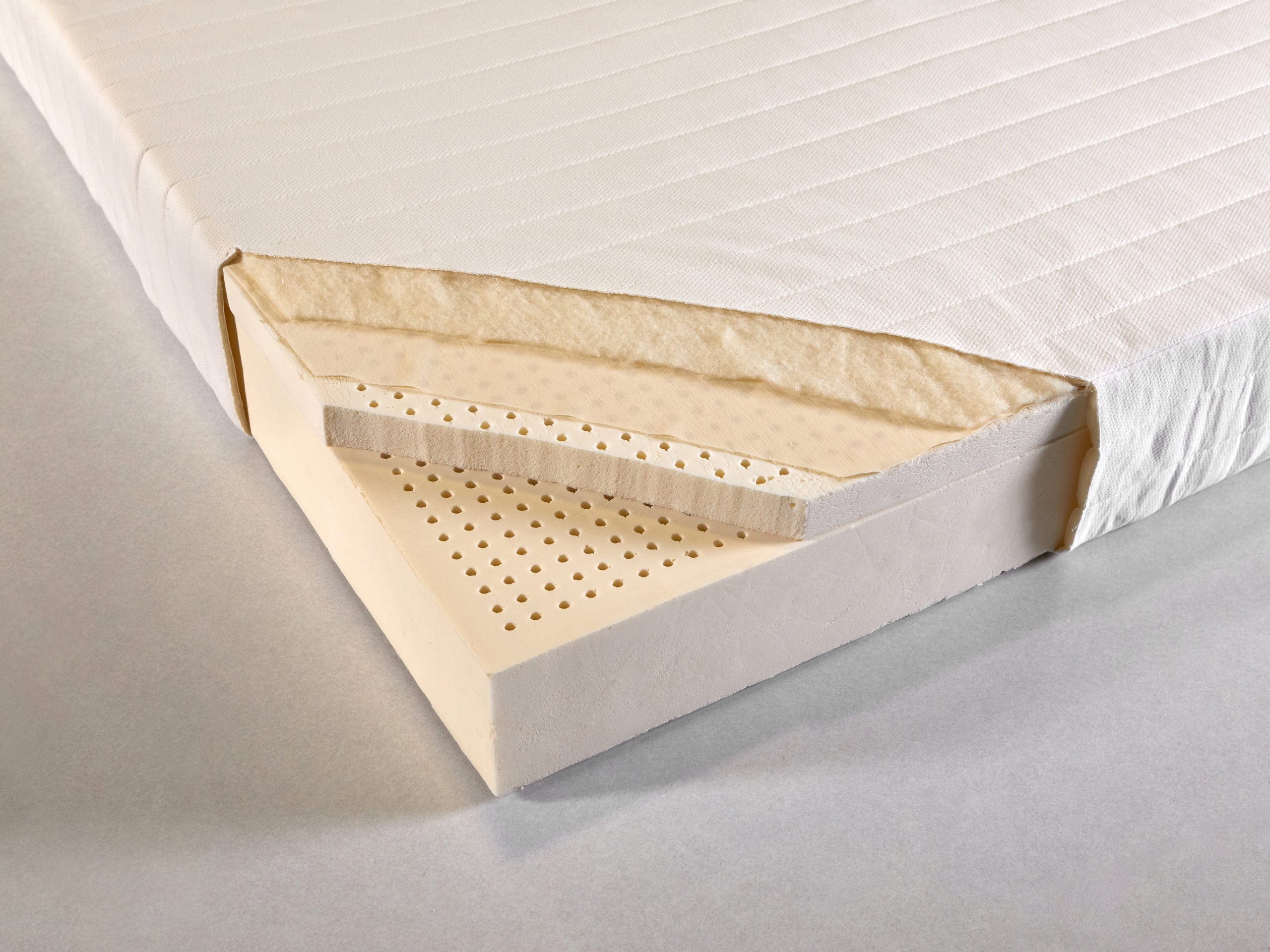



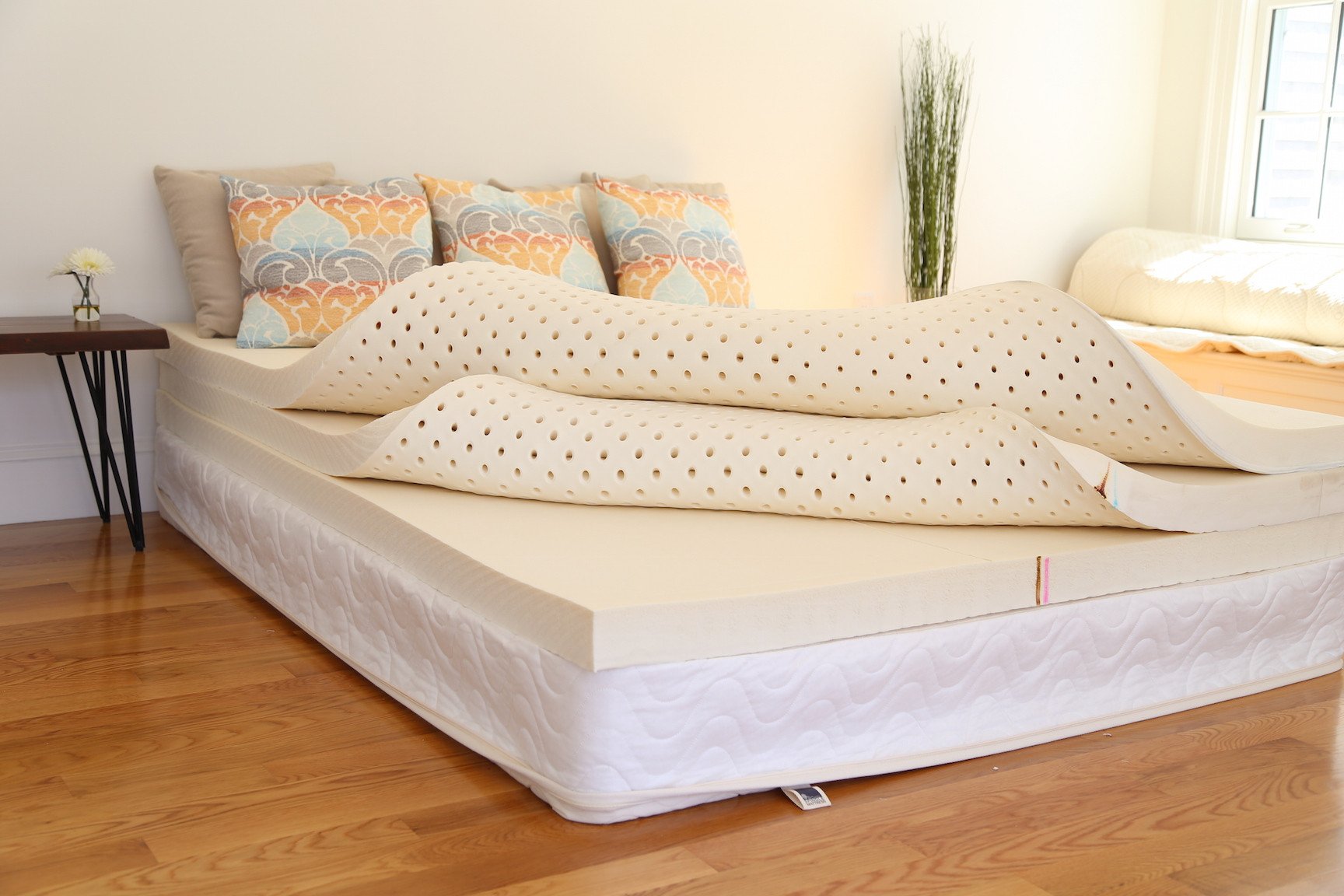

/exciting-small-kitchen-ideas-1821197-hero-d00f516e2fbb4dcabb076ee9685e877a.jpg)




